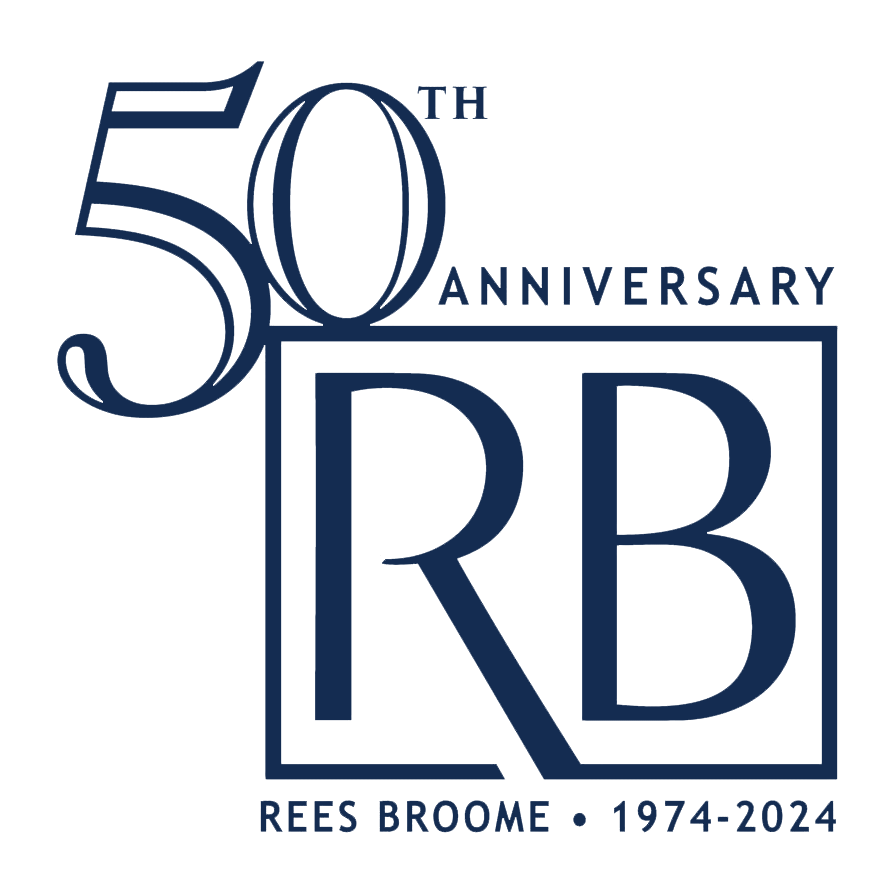Due to the relatively high prices of condominiums in the Washington DC, Virginia, and Maryland areas, FHA financing has always played a big part in the condominium market. Interesting fact, the mortgage limits for FHA jumbo loans in the DC metro area and other jurisdictions in VA and MD can be as high as $726,525 for fiscal year 2019. However, the FHA condominium approval process and the regulations that guide it are constantly changing.
On February 1, 2010, the Federal Housing Administration (“FHA”) stopped allowing “spot loans” or “spot approvals” for individual condominium unit sales, which meant that if a condominium was not FHA certified, buyers who relied on FHA financing were not able to purchase units within the condominium. But, on August 14, 2019, the FHA issued new regulations effective October 15, 2019, which establish a new “single-unit” condominium approval process. While this new “single-unit” approval process allows individual units to be eligible for FHA-insured financing even if the condominium is not already approved, the process is only available for condominiums with FHA concentrations (i.e. existing FHA-insured loans) that are at no more than 10% (or no more than two FHA-insured units if the condominium has less than 10 units) – which is much more restrictive than the 50% FHA concentration that is permitted for approved condominiums.
As such, condominium associations should continue to consider maintaining their FHA approval status by recertifying their eligibility, which is now (pursuant to the newly issued regulations) required to be performed every three years, or if not currently approved, reviewing their eligibility for the first time. In this regard, this article briefly summarizes the chief financial considerations for the FHA condominium approval process.
1. Reserves funding. FHA guidelines require that condominium associations fund their reserves by at least 10% of their annual budget. If the budget does not reflect the minimum reserves funding, the association will have to provide additional documentation to show that the reserves are properly funded. *If the owner-occupancy rate is less than 50% but at least 35%, the association’s reserves must be funded at 20% of the budget.
2. Delinquencies. No more than 15% of the total units can be more than 60 days delinquent in the payment of assessments (exclusive of late fees and administrative expenses). *If the owner-occupancy rate is less than 50% but at least 35%, the maximum number of delinquencies can be no more than 10%.
3. Financial documents. Every FHA application or recertification submission must include the following financial documents:
a. The current (approved) annual budget;
b. The most current balance sheet, which cannot be more than 90 days old;
c. The most current income and expense statement, which also cannot be more than 90 days old; and
d. The prior year-end income and expense statement.
Also, be prepared to explain the cause of and resolution for any deficits that are reflected in any of the financial statements.
*If the owner-occupancy rate is less than 50% but at least 35%, the association will have to submit three years’ worth of financial documents.
4. Fidelity coverage. The FHA requires associations to carry fidelity coverage in amounts equal to the balance of their reserves plus three months aggregate assessments. However, state law can provide a maximum amount of coverage that is less. For example, Section 55-79.81.B states that associations must carry fidelity coverage in an amount equal to the lesser of $1 million or the amount of reserve balances of the unit owners’ association plus one-fourth of the aggregate annual assessment. Maryland has a similar mandate in Section 11-114.1(e), which provides a maximum of $3 million. The D.C. Condominium Act also requires fidelity coverage but does not have a similar maximum requirement for fidelity coverage.
5. Special Assessments. If a special assessment is being collected, has been imposed, or is pending, the association will have to provide a certification that must include the following information:
a. Purpose of the special assessment;
b. Whether the special assessment affects the marketability of any of the units and if so, how;
c. Whether other special assessments have been required and if so, the purpose and timing of those assessments;
d. When the assessment is to be paid (lump sum or installments);
e. How the assessment impacts the overall financial stability of the condominium; and
f. What impact the assessment will have on the future value and marketability of the condominium.
6. Loans. If the association has an outstanding loan, the association must provide the following items:
a. Purpose of the loan;
b. Length of the loan;
c. Repayment terms (including interest information);
d. How the payments are paid and the payments impact on the assessments (preferably to be shown as a line item in the budget);
e. Full payment history on the loan; and
f. The current lender statement showing that the association is current on the loan payments.
Again, the above provides only the main financial FHA requirements, there are several other topics that must be reviewed to determine an association’s eligibility for FHA approval. Boards should review the FHA guidelines or consult a professional before submitting an FHA application/recertification.
